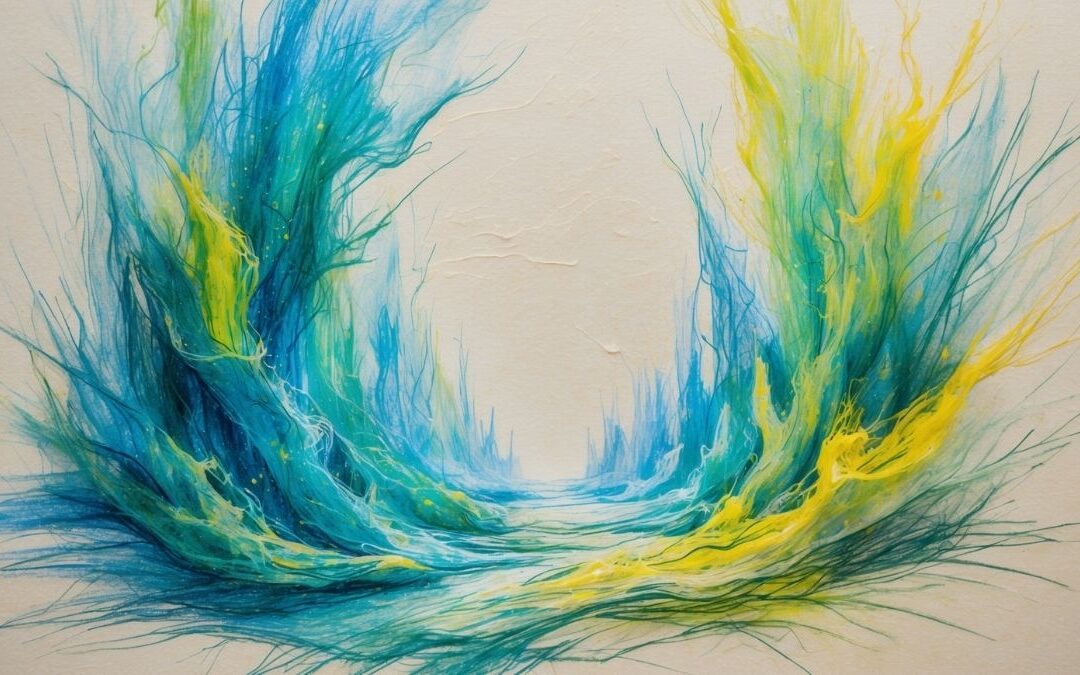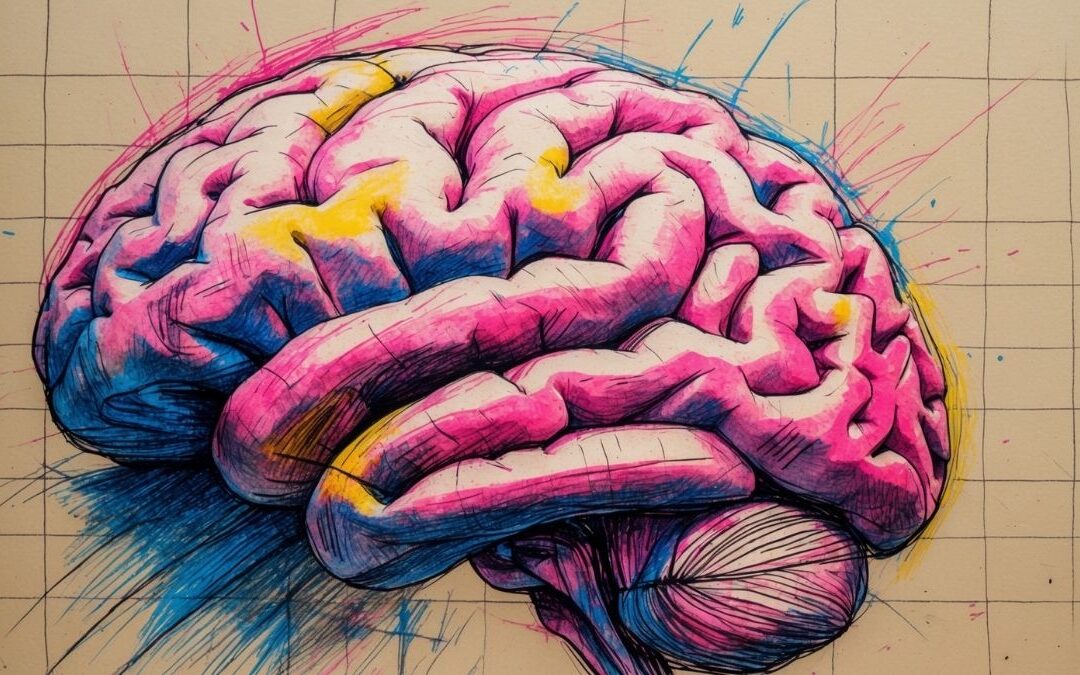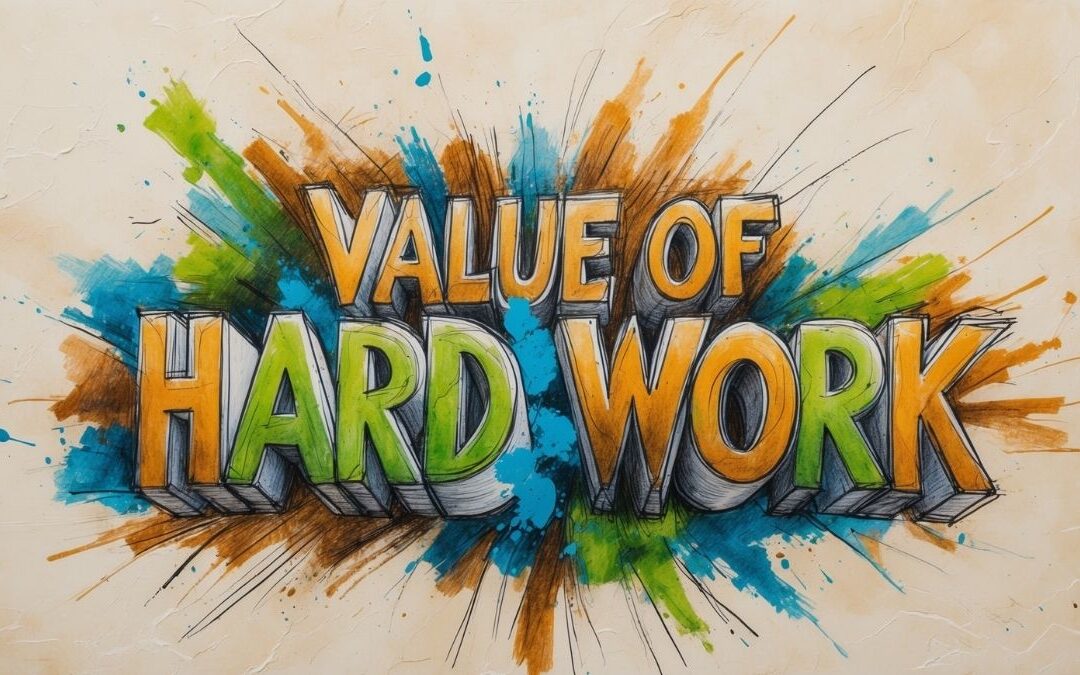- The Serendipitous Discovery of the Disc
- The Puzzle Etched in Clay
- Efforts to Decipher the Disc
- The Cultural Impact and the Legacy of the Phaistos Disc
- The Phaistos Disc – A Mystery Encased in Clay
- Keywords
- Key Takeaways
- FAQs
- How was the Phaistos Disc discovered?
- What is the age of the Phaistos Disc?
- Are there any known translations or decipherments of the Phaistos Disc?
- What are some popular theories about the meaning of the symbols on the disc?
- Could the Phaistos Disc be a modern forgery?
- Has the Phaistos Disc been linked to any known writing systems?
- Are there similar artifacts or inscriptions that could provide clues to deciphering the Phaistos Disc?
- Has the Phaistos Disc influenced art or literature?
- Is there ongoing research or new approaches to deciphering the Phaistos Disc?
- Why is the Phaistos Disc considered an important archaeological mystery?
- Myth Buster
- Myth: The Phaistos Disc has been successfully deciphered.
- Myth: The Phaistos Disc is a modern forgery.
- Myth: The symbols on the Phaistos Disc represent a known ancient writing system.
- Myth: The Phaistos Disc is a hoax created by Luigi Pernier.
- Myth: The Phaistos Disc is a simple decorative object without any significant meaning.
- Myth: Deciphering the Phaistos Disc is just a matter of finding the right key.
- Myth: The Phaistos Disc is a well-understood artifact.
- Myth: The Phaistos Disc is a forgery created by ancient scribes for entertainment.
- Myth: The Phaistos Disc can be deciphered by finding connections to other ancient civilizations.
- Myth: The Phaistos Disc will never be deciphered.
- Checkpoint
The Phaistos Disc – an unassuming piece of baked clay, adorned with a series of intricate symbols, is an artifact shrouded in mystery. Discovered in the ancient Minoan palace of Phaistos in Crete, this mysterious disc has confounded scholars, cryptographers, and archeologists alike since its unearthing in 1908. The disc is a riveting puzzle, a tangible connection to our ancient past that holds a cryptic narrative waiting to be interpreted. This article embarks on a fascinating exploration of the enigmatic Phaistos Disc, its discovery, possible interpretations, and its place in the annals of unsolved mysteries.
The Serendipitous Discovery of the Disc
Italian archaeologist Luigi Pernier discovered the Phaistos Disc in 1908 during his excavation of the Minoan palace at Phaistos. The disc is a small, circular piece of baked clay, measuring approximately 15 centimeters in diameter. Both of its sides are covered with mysterious symbols arranged in a spiral, each symbol meticulously imprinted with a stamp.
The Puzzle Etched in Clay
The disc is adorned with 241 symbols grouped into 61 words, separated by vertical lines. There are 45 distinct symbols, including human figures, animals, and geometric shapes. The meaning of these symbols, the language or languages they represent, and the intended purpose of the disc are mysteries that remain unsolved.
Despite decades of study, the text on the Phaistos Disc remains undeciphered. It stands as one of the most famous puzzles in the field of cryptography, a challenge that has frustrated and fascinated researchers in equal measure.
Efforts to Decipher the Disc
Theories on the meaning of the Phaistos Disc abound. Some argue that it represents an ancient prayer, a legal document, or a geometric theorem. Others speculate it might be a board game, a toy, or even a musical score.
A popular theory, proposed by linguistic scholar Gareth Owens, suggests that the disc may be a hymn to a Minoan goddess. However, the absence of any similar writing systems hinders the validation of this theory.
There are even those who posit the disc as a hoax or a modern forgery. Nevertheless, most scholars accept the disc as a genuine Minoan artifact. Radiological analysis supports this view, dating the disc to the 17th century BC.
The Cultural Impact and the Legacy of the Phaistos Disc
The enigma of the Phaistos Disc extends beyond academia, resonating with people worldwide. Its intricate and cryptic nature sparks the imagination, inspiring works of fiction, music, and art.
The disc’s enduring mystery underscores our collective fascination with our ancient past and the secrets it still holds. It serves as a powerful reminder of the complexities of our human ancestors and their capacity for abstract thought and communication.
The Phaistos Disc – A Mystery Encased in Clay
The Phaistos Disc, with its intricate symbols and unknown purpose, remains one of the world’s most captivating archaeological mysteries. Despite over a century of study, the riddles etched into its clay surface continue to confound scholars.
As we delve into the intricacies of this ancient enigma, the disc offers a tantalizing glimpse into a forgotten era. It remains a tangible testament to our inherent human desire to communicate and our enduring fascination with the mysteries of our past.
Keywords
- Phaistos Disc: A round clay artifact discovered in the Minoan palace of Phaistos in Crete.
- Enigma: Something mysterious and puzzling.
- Cryptography: The study of codes and ciphers.
- Symbols: Graphical representations used to convey meaning.
- Archaeology: The study of human history through the excavation and analysis of artifacts.
- Luigi Pernier: The Italian archaeologist who discovered the Phaistos Disc in 1908.
- Undeciphered: Not yet translated or understood.
- Linguistic scholar: A specialist in the study of languages.
- Minoan: Relating to the ancient civilization that existed on the island of Crete.
- Radiological analysis: The use of radiological techniques to determine the age or composition of an object.
Key Takeaways
- The Phaistos Disc is a mysterious artifact discovered in the Minoan palace of Phaistos in Crete.
- It is made of clay and contains a spiral arrangement of intricate symbols.
- The meaning of the symbols, the language they represent, and the purpose of the disc remain unknown.
- Numerous theories have been proposed, but none have been conclusively proven.
- Efforts to decipher the disc have been ongoing for over a century.
- The disc has cultural significance and continues to captivate the imagination of people worldwide.
FAQs
How was the Phaistos Disc discovered?
The Phaistos Disc was discovered by Italian archaeologist Luigi Pernier during his excavation of the Minoan palace at Phaistos in 1908.
What is the age of the Phaistos Disc?
Radiological analysis has dated the Phaistos Disc to the 17th century BC.
Are there any known translations or decipherments of the Phaistos Disc?
No definitive translation or decipherment of the Phaistos Disc has been achieved. The text remains undeciphered.
What are some popular theories about the meaning of the symbols on the disc?
Theories range from the disc representing an ancient prayer, a board game, or a hymn to a Minoan goddess, among others. However, none have been proven.
Could the Phaistos Disc be a modern forgery?
Most scholars accept the Phaistos Disc as a genuine Minoan artifact due to radiological analysis and its historical context. The possibility of it being a modern forgery is largely discredited.
Has the Phaistos Disc been linked to any known writing systems?
The symbols on the Phaistos Disc have not been definitively linked to any known writing systems or languages.
Are there similar artifacts or inscriptions that could provide clues to deciphering the Phaistos Disc?
No similar artifacts or inscriptions have been found that could provide direct clues to deciphering the Phaistos Disc.
Has the Phaistos Disc influenced art or literature?
The enigmatic nature of the Phaistos Disc has inspired creative works, including fiction, music, and art, capturing the imagination of artists and writers worldwide.
Is there ongoing research or new approaches to deciphering the Phaistos Disc?
Ongoing research and new approaches in cryptography, linguistics, and related fields continue to be applied in attempts to decipher the Phaistos Disc.
Why is the Phaistos Disc considered an important archaeological mystery?
The Phaistos Disc is considered important because it represents a unique and unsolved puzzle from the ancient world, providing insights into the Minoan civilization and their communication methods.
Myth Buster
Myth: The Phaistos Disc has been successfully deciphered.
Reality: Despite extensive efforts, the Phaistos Disc remains undeciphered, and no definitive translation has been achieved.
Myth: The Phaistos Disc is a modern forgery.
Reality: Radiological analysis has dated the Phaistos Disc to the 17th century BC, confirming its authenticity as an ancient artifact.
Myth: The symbols on the Phaistos Disc represent a known ancient writing system.
Reality: The symbols on the Phaistos Disc have not been linked to any known writing system, making their interpretation and meaning a subject of ongoing speculation.
Myth: The Phaistos Disc is a hoax created by Luigi Pernier.
Reality: The discovery of the Phaistos Disc by Luigi Pernier in 1908 and subsequent research have largely discredited the theory that it is a hoax.
Myth: The Phaistos Disc is a simple decorative object without any significant meaning.
Reality: The intricate nature of the symbols on the Phaistos Disc suggests that it holds a purpose or message, although its exact meaning remains elusive.
Myth: Deciphering the Phaistos Disc is just a matter of finding the right key.
Reality: Deciphering the Phaistos Disc involves challenges beyond a simple key. The language, grammar, and system of encoding are unknown, making the task complex and elusive.
Myth: The Phaistos Disc is a well-understood artifact.
Reality: The Phaistos Disc continues to baffle researchers, and its true purpose and meaning remain a subject of speculation and ongoing study.
Myth: The Phaistos Disc is a forgery created by ancient scribes for entertainment.
Reality: The purpose and meaning of the Phaistos Disc, whether it was created for entertainment or had a more profound significance, are still unknown.
Myth: The Phaistos Disc can be deciphered by finding connections to other ancient civilizations.
Reality: While connections to other ancient civilizations may provide insights, no direct connections or parallels to decipher the Phaistos Disc have been definitively established.
Myth: The Phaistos Disc will never be deciphered.
Reality: Although the Phaistos Disc remains undeciphered, ongoing research, new technologies, and interdisciplinary approaches may hold potential for future breakthroughs.
Checkpoint
What is the Phaistos Disc?
a) A mysterious artifact discovered in Egypt
b) An ancient scroll found in Greece
c) A clay disc with mysterious symbols found in Crete
d) A decorative object from the Roman Empire
C
Who discovered the Phaistos Disc?
a) Luigi Pernier
b) Howard Carter
c) Heinrich Schliemann
d) Flinders Petrie
A
What is the current status of deciphering the Phaistos Disc?
a) Fully deciphered
b) Partially deciphered
c) Not deciphered
d) Deciphered but disputed
C
What is the approximate age of the Phaistos Disc?
a) 1,000 years old
b) 2,000 years old
c) 3,000 years old
d) 4,000 years old
C
Which of the following is NOT a popular theory about the Phaistos Disc?
a) Ancient prayer
b) Board game
c) Musical score
d) Currency system
D











0 Comments